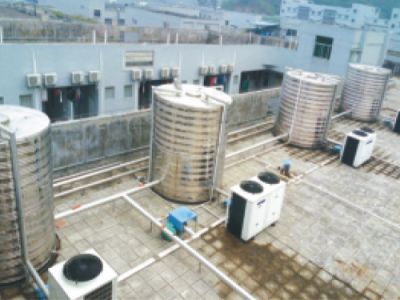Air Energy Water Heater Knowledge Perception and Market Demand
In recent years, air-energy water heaters have become more and more popular in the market, but there are still many people who do not understand or have questions about air-energy water heaters.
Air-energy water heaters and other products overcome the shortcomings of solar water heaters relying on sunlight for heat and inconvenient installation. Because air-energy water heaters work through the medium to exchange heat, they do not require electric heating elements to directly contact water, avoiding electricity. The risk of electric leakage of the water heater also prevents the risk of explosion and poisoning of the gas water heater, and more effectively controls the air pollution caused by the exhaust gas discharged from the gas water heater.
The air-energy water heater does not require sunlight, so it can be placed at home or outdoors.
After the water stored in the solar water heater is used up, it is difficult to produce hot water immediately. If electric heating takes a long time, and the air-energy water heater only needs air, the temperature is Above minus 20 degrees Celsius, it can operate under pressure 24 hours a day.
In this way, after using a tank of water, the air-energy water heater will produce another tank of hot water in about an hour or even less. At the same time, it can also fundamentally eliminate safety hazards such as electric water heater leakage, dry burning, and harmful gas generated when gas water heaters are used.
The air energy water heater, as the name implies, is to transfer the heat in the air to the water through the refrigerant. Traditional electric water heaters and gas water heaters obtain heat energy by consuming gas and electricity, while air energy water heaters are achieved by absorbing heat in the air. The purpose of heating water is to absorb heat energy equivalent to about three times the electrical energy to heat water while consuming the same electrical energy.
 中文版
中文版


 about us
about us company culture
company culture Qualification
Qualification Company reality
Company reality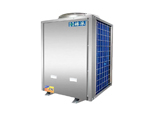 Air energy water heater
Air energy water heater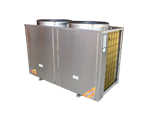 Swimming pool constant temperature hot water unit
Swimming pool constant temperature hot water unit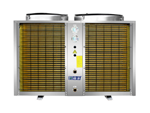 Ultra-low temperature hot water unit
Ultra-low temperature hot water unit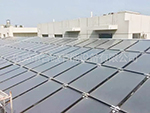 Air energy hot water project
Air energy hot water project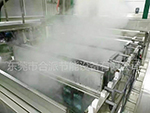 Industrial high temperature hot water project
Industrial high temperature hot water project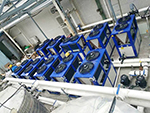 Air energy heating project
Air energy heating project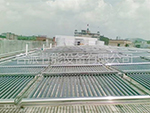 Media to Electricity Project
Media to Electricity Project pre-sale service
pre-sale service After-sales service
After-sales service Service Center
Service Center feedback
feedback